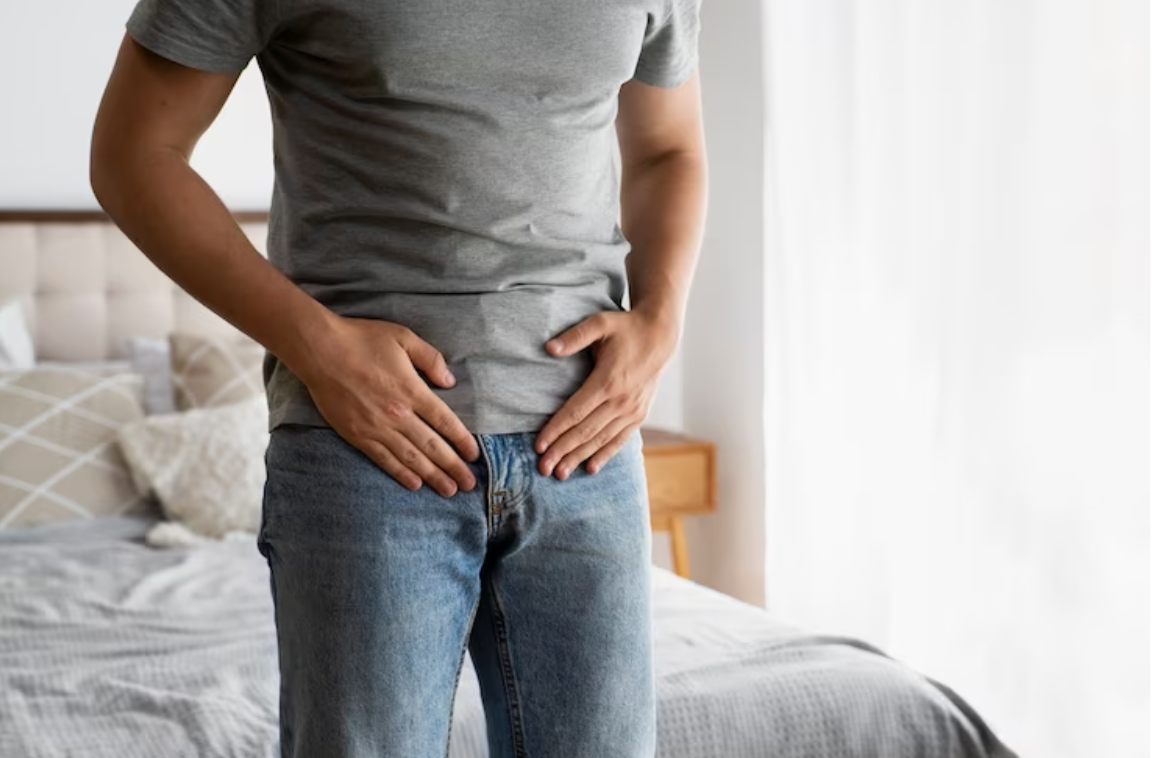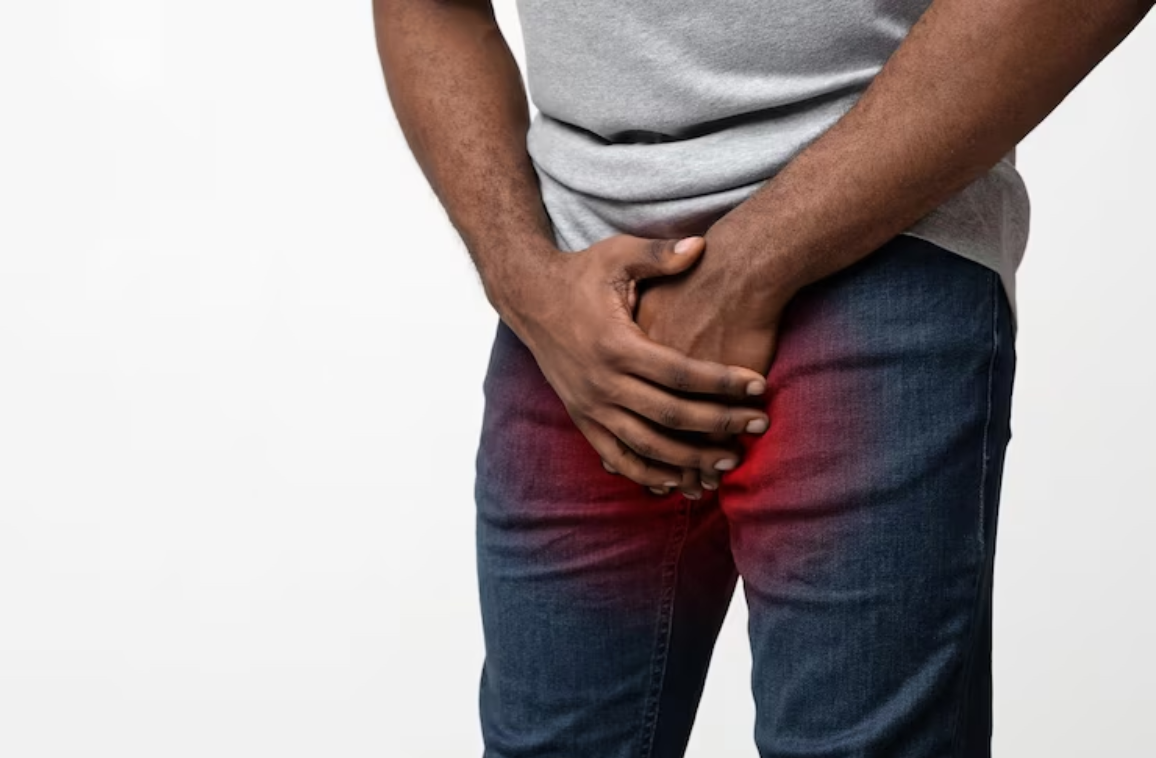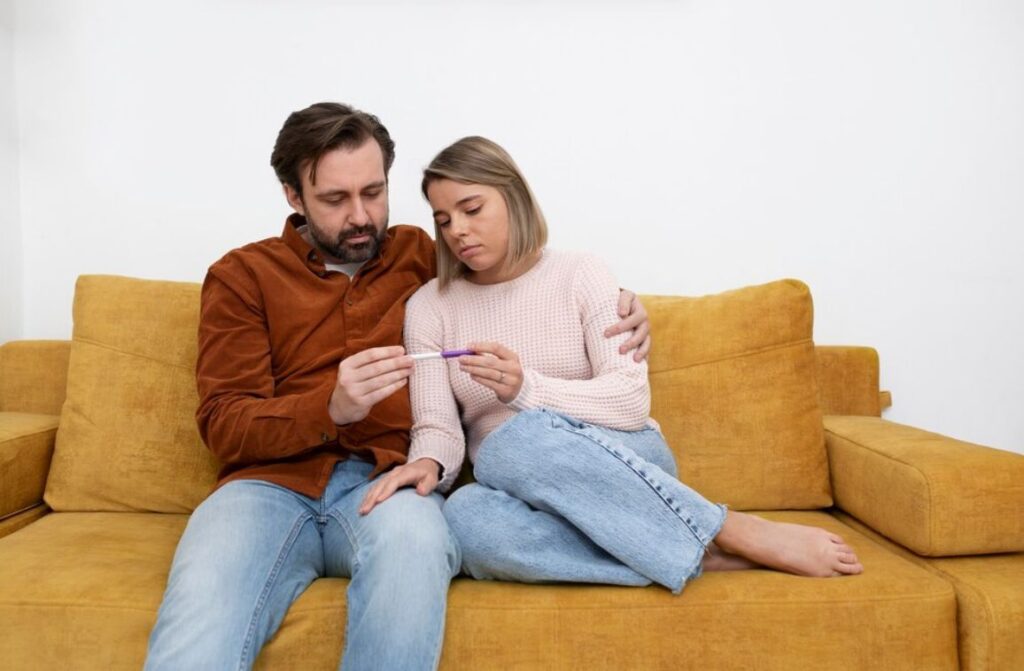Varicocele has been studied to assess its impact on erectile dysfunction among males. Erectile dysfunction is not affected by varicocele, as is understood.
While several studies have been conducted to investigate the efficacy of varicocele treatment on fertility, the literature is sparse concerning the association between varicocele, varicocelectomy, and erectile dysfunction (ED).
In principle, a varicocele does not really affect erection. Only if testosterone levels tend to drop dramatically may a man experience erectile dysfunction, but it is not uncommon.
The scrotum happens to be a skin-covered sac that does hold one’s testicles. It also contains the arteries and veins that deliver blood to the reproductive glands. A vein abnormality in the scrotum can lead to a varicocele. A varicocele is considered to be an enlargement of the veins within the scrotum. These veins are referred to as the pamp iniform plexus.
A varicocele can only occur in the scrotum and is very similar to varicose veins that can appear in the leg. A varicocele can indeed result in decreased sperm production as well as quality, which in some cases can cause infertility. It can also lead to the shrinking of the testicles.
Varicoceles are common. They can in fact be found in 15 percent of the adult male population and in approximately 35 percent of men with primary infertility. They are, in fact, more common in males aged 15 to 25.
Varicoceles generally form during puberty and are usually more commonly found on the left side of one’s scrotum. The anatomy of the right as well as left sides of one’s scrotum is not the same. Varicoceles can exist on both sides, but they are extremely rare. Not all varicoceles tend to affect sperm production.
A spermatic cord does hold up each testicle. The cords also contain the veins and arteries, as well as the nerves that support these glands. In healthy veins inside the scrotum, one-way valves do move the blood from the testicles to the scrotum, which then sends it back to the heart.
Sometimes the blood does not move through the veins like it should and begins to pool in the vein, causing it to enlarge. A varicocele develops slowly over time.
There are, rather, no established risk factors for developing a varicocele, and the exact cause is not all that clear.
If experiencing scrotal swelling, seeing a doctor helps to rule out more serious conditions that could lead to infertility, erectile dysfunction, or low testosterone.
Varicocele and erectile dysfunction are not directly related to the presence of varicocele. Abnormal dilatation of the spermatic vein in one’s scrotum raises the temperature of the scrotum, and this in turn gives rise to abnormal sperm. The testicular size also gets smaller, which affects fertility.

Investigations have succeeded in identifying an association between both varicocele and ED. I have realized that varicocele patients who underwent a varicocelectomy had lower magnitudes of association with ED than those who did not.
The primary cause of varicoceles turns out to be the malfunctioning of the valves within the veins that drain blood from the testicles. In order to understand the science behind varicoceles, it helps to observe the normal anatomy and physiology of the testicular veins.
In a human male body, the arteries are in fact responsible for carrying oxygenated blood to the testicles, and the veins carry deoxygenated blood away from the testicles back to one’s heart. The testicles do receive a significant blood supply in order to support their daily functions. One of these does include sperm production.
The testicular veins have one-way valves that help regulate the flow of blood. These valves do prevent blood from flowing backward and also ensure that it moves in one direction, against gravity, towards the heart. However, if the valves tend to become weak or fail to function properly, blood can pool or accumulate in the veins, thus leading to their enlargement and the formation of varicoceles.
Conclusion
Varicocele has been studied and investigated well.








